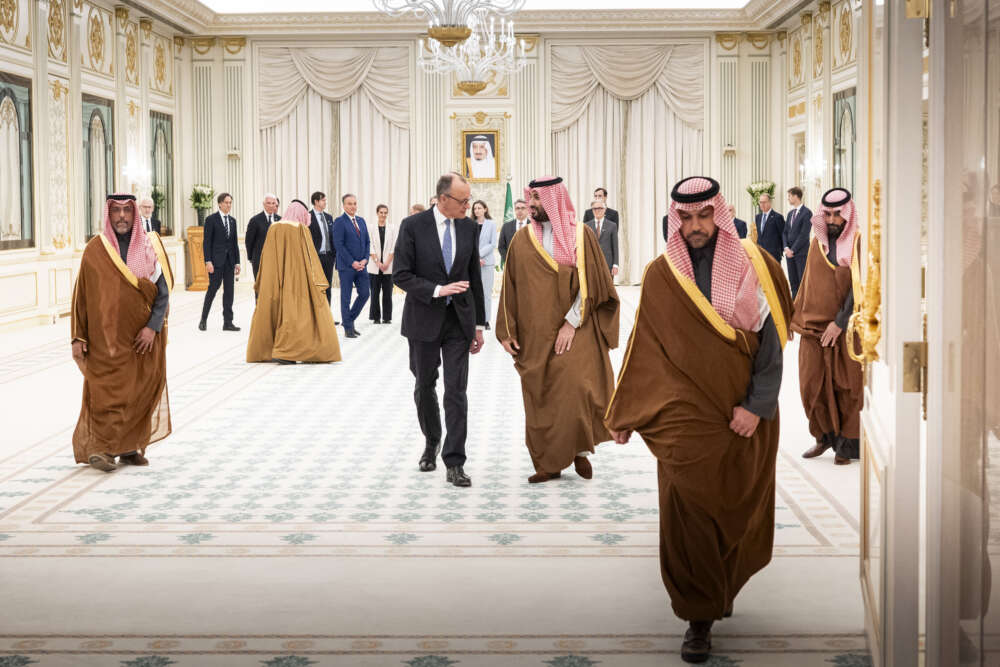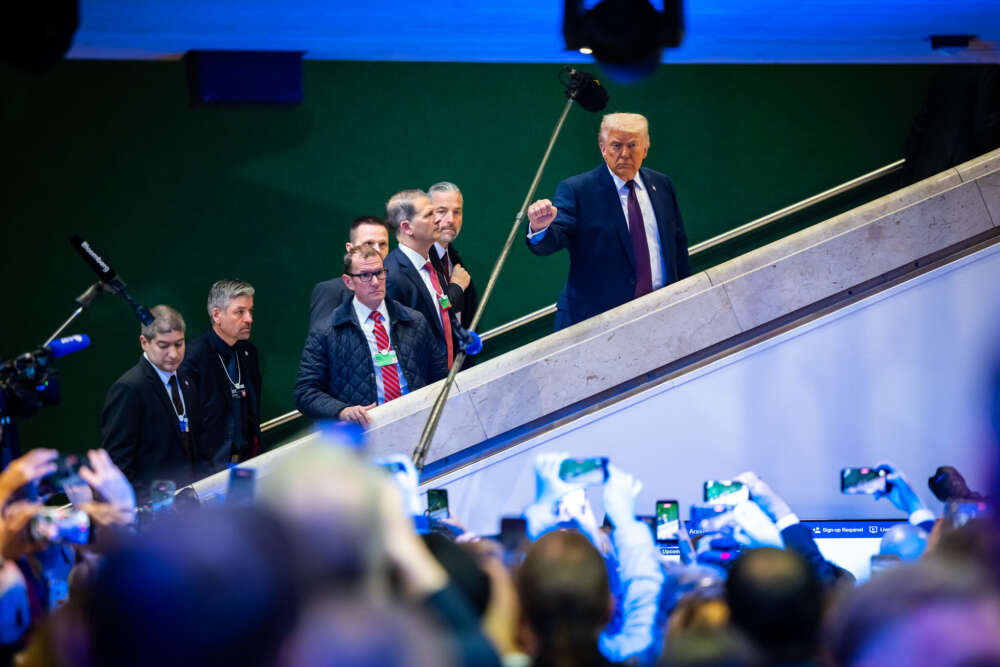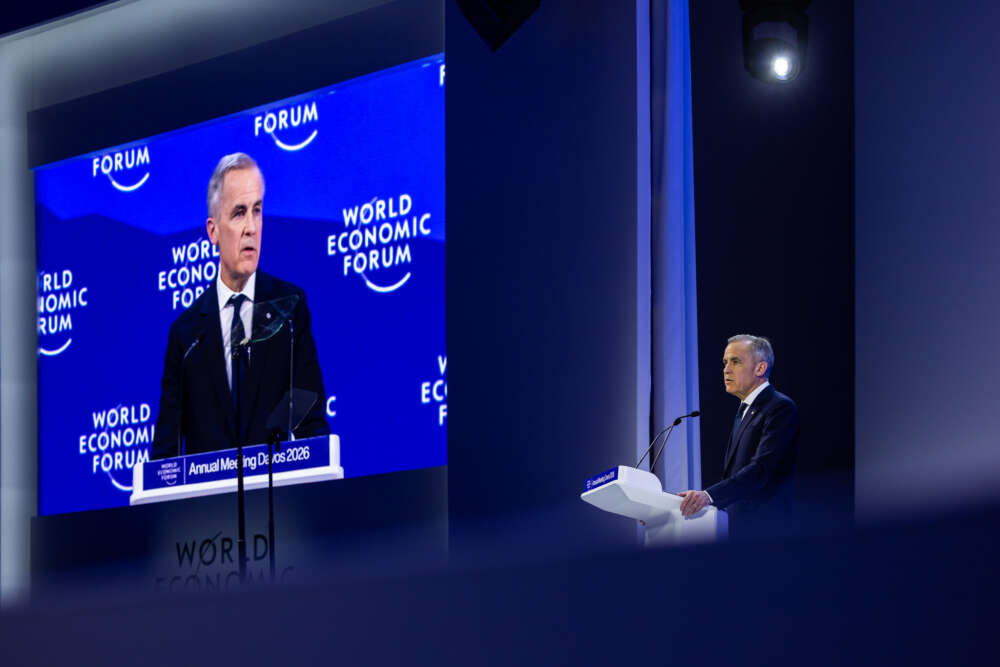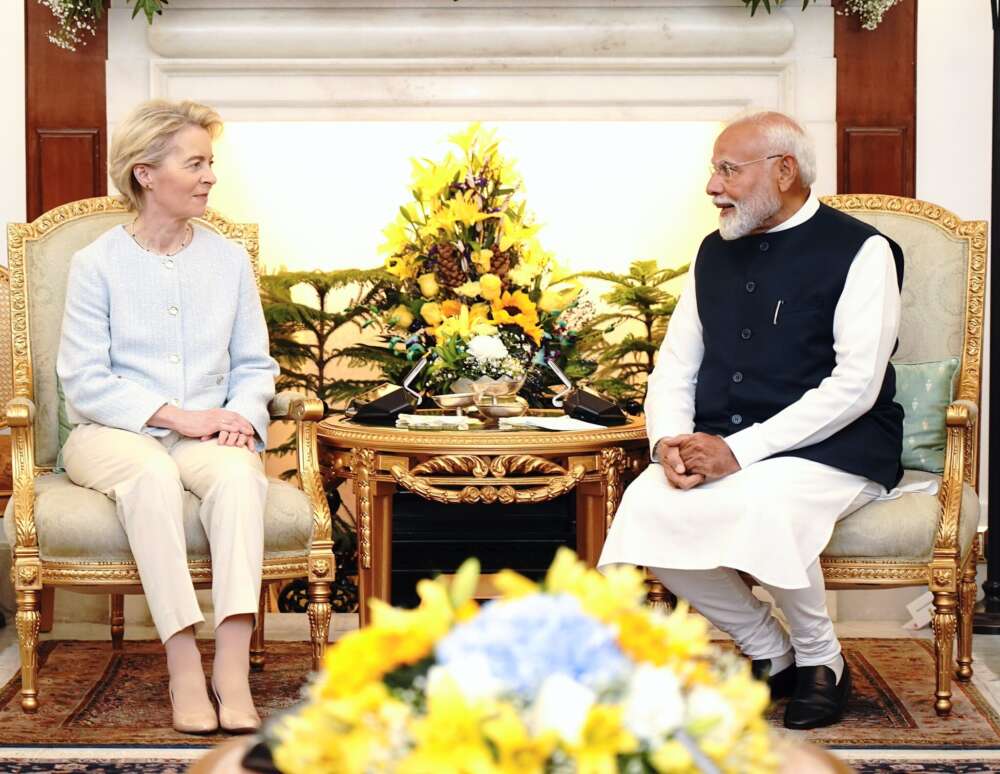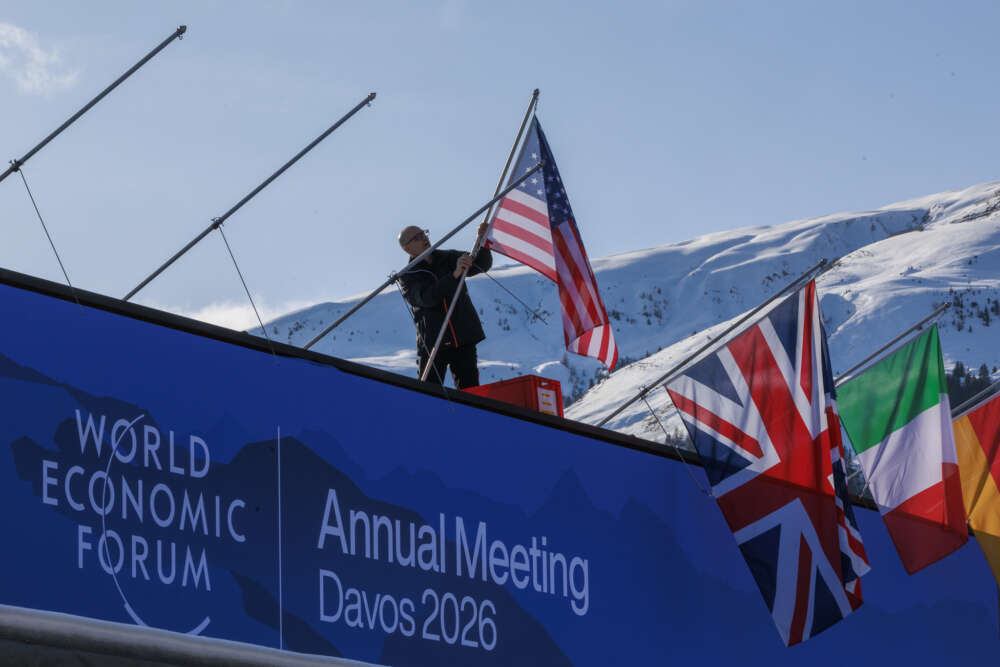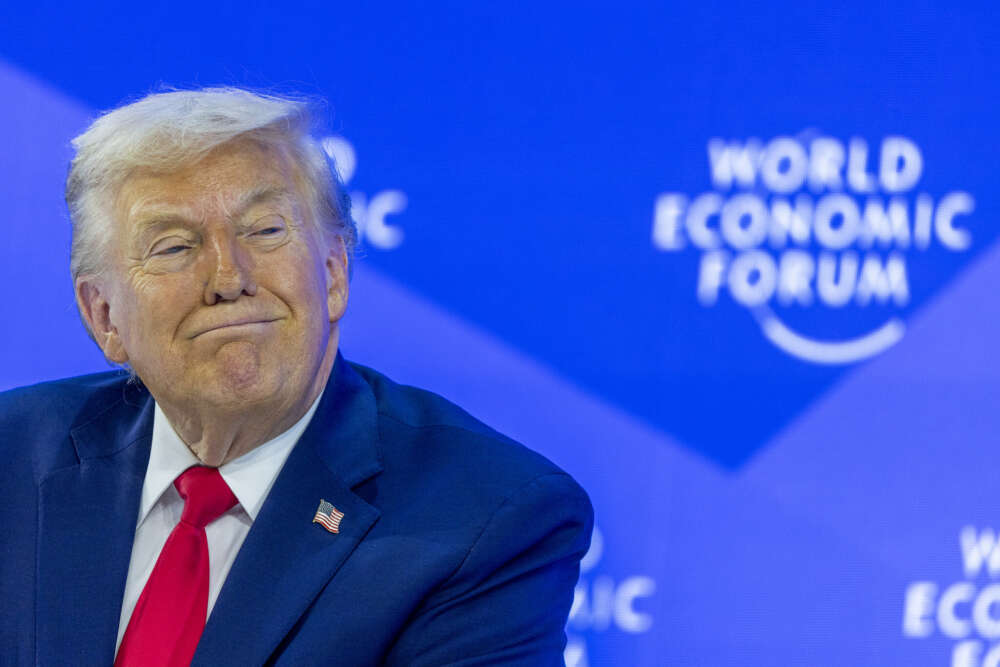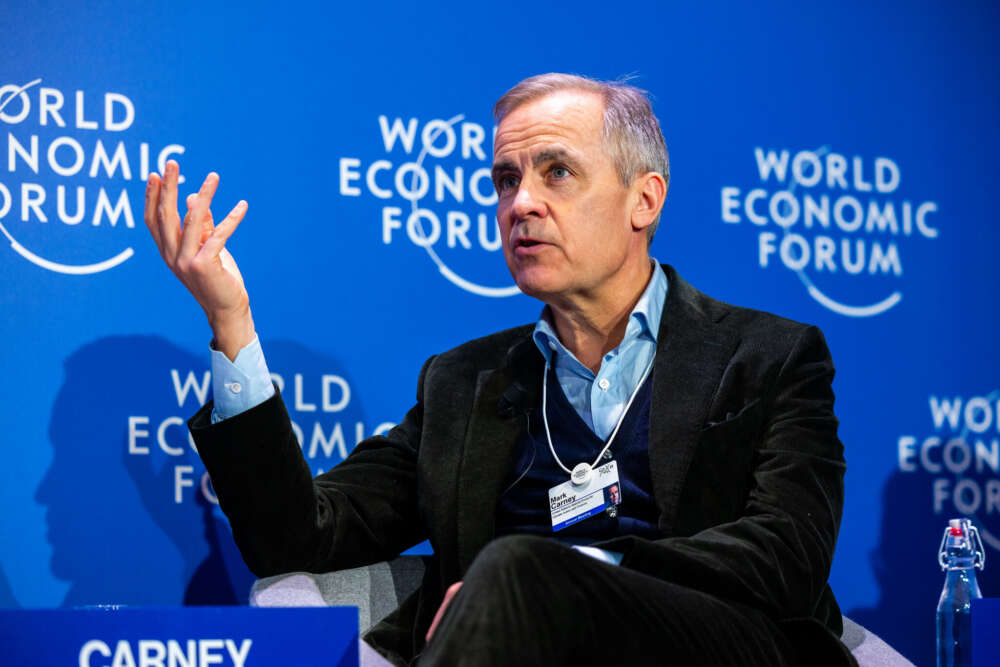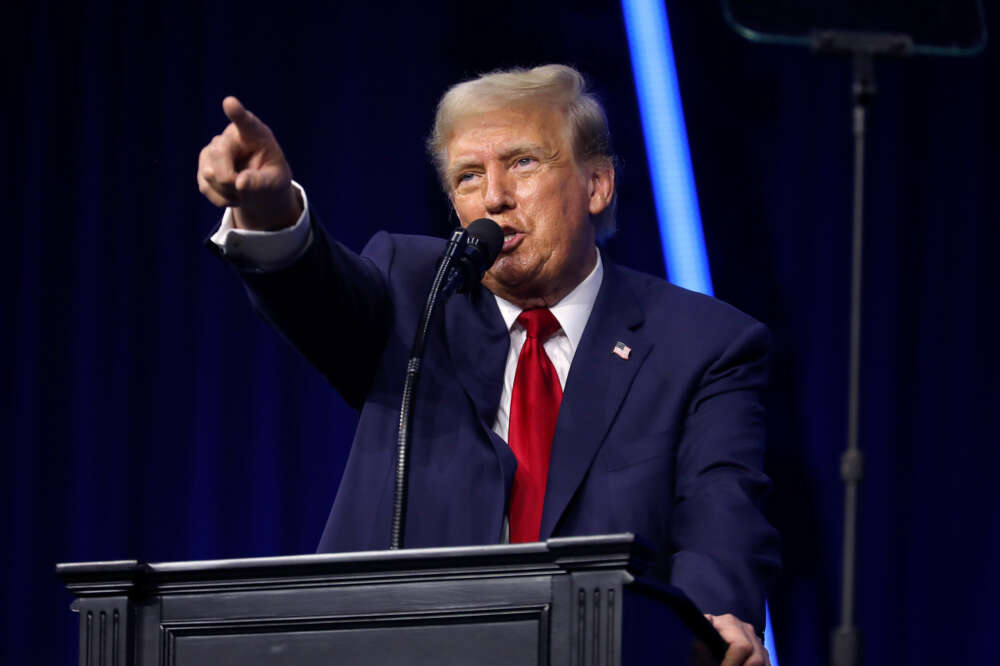Is the FDP Driving Germany to Foreign Policy Suicide?
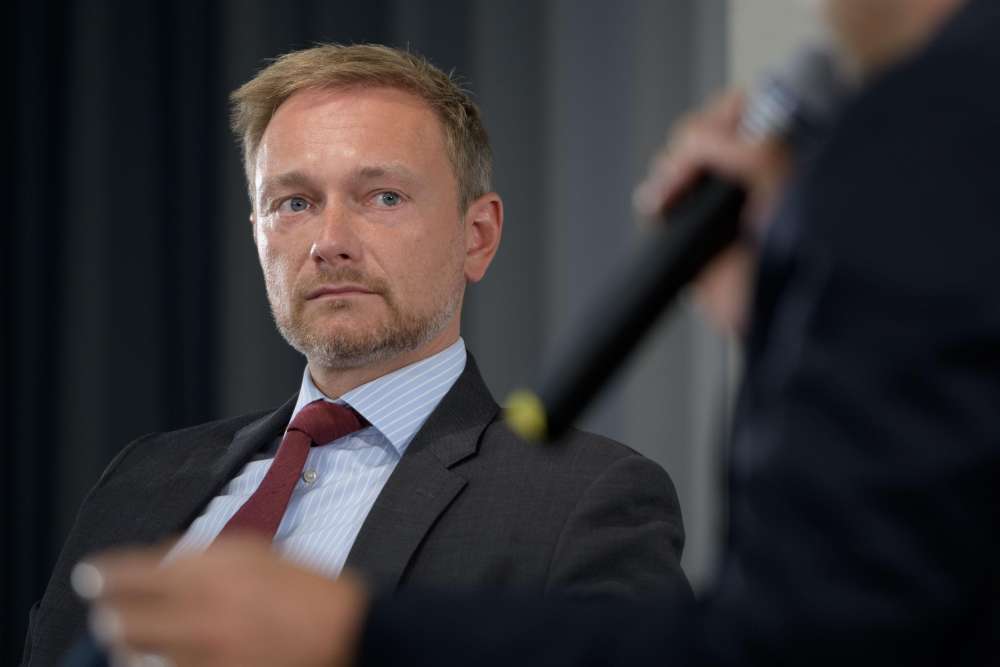
Behind the scenes of the annual budget haggling, the German coalition government, which is made up of the center-left Social Democrats (SPD), the Greens and the pro-business Free Democrats (FDP), is at risk of doing serious harm to Germany’s international standing with consequences that would be borne primarily by its successors and by the country.
Finance Minister Christian Lindner, who is also leader of the fiscally hyper-conservative FDP, wants to save a total of between €20 and €30 billion in next year’s budget. The cutbacks he is trying to impose on the foreign and development budget would not even amount to a tenth of this sum. However, they would demolish the effective representation of German interests and responsibility abroad. What might look like a small snip from the finance minister’s point of view – €1 billion here, €1.5 billion there, in a total budget of over €470 billion, generated from a gross domestic product of around €4.4 trillion – would end up gutting a large part of Germany’s core international influence.
The finance ministry argues that the cuts are in line with the stated aim of returning international budgets to a so-called “pre-crisis level” of 2017 to 2019. This is already absurd when you look at the TV news: The finance minister hasn’t cancelled the war in Ukraine or Gaza, let alone the war in Sudan, which has been completely forgotten in Germany. Furthermore, the idea that no new crises will emerge in the coming months and years is naive – just look at Donald Trump’s possible second term as US president, the tensions between the United States and China, the risks of escalation in the Western Balkans, and the Russian threat to Georgia and Moldova. Not to mention the Sahel region, Ethiopia, and all the regions with additional conflict risks arising from the ongoing climate crisis.
The rationale of returning to the level of 2017 to 2019 is not only unwise, but – unfortunately – is almost a reality: given the high inflation of recent years (in many other countries where some of these funds are spent, it is much higher than in Germany), the high nominal figures conceal the fact that purchasing power – i.e., what Germany can actually buy with these budget resources for foreign and development policy – is likely this year already to fall below what it was in the years leading up to the COVID-19 pandemic.
Calculating this with any precision is not possible without very exact data on the distribution of costs between different countries (which has not been published). In practice, both ministries spend part of their money in Germany – on staff, buildings and so on – and another, larger part abroad. The chart shows this fact as an area between a minimum and a maximum estimate based on German and global inflation, dampened by the exchange rate effects in favor of the euro. In practice, the purchasing power of international budgets is likely to lie within the marked corridor. For the sake of comparison: According to UNHCR figures, the number of forcibly displaced people worldwide has tripled from 4.5 million (2017) to over 13 million (2024). So, the crises aren’t getting any smaller.
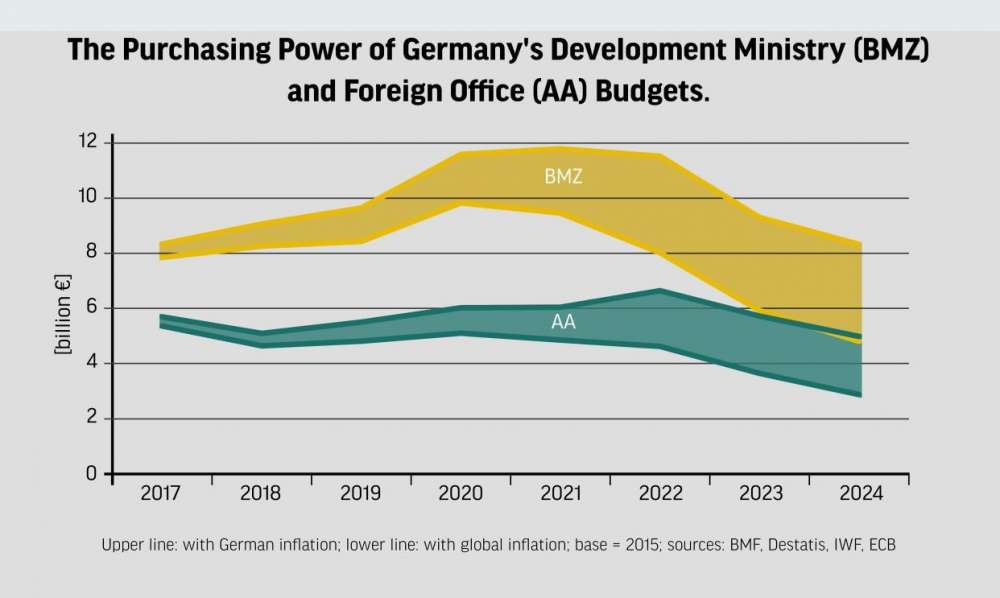
In terms of development cooperation, the funds for climate adaptation and crisis response are the main items at stake next year, i.e., investments in the prevention of further climate change-induced violence and the short-term financing of transitional aid to enable the people affected to provide for themselves again in the wake of disasters. Almost all other programs are legally binding and they run over a period of several years, so the German state could not simply terminate its agreements with partner governments and implementation partners. This follows from the basic logic of development policy, which is based on long-term support for transformative changes that take generations rather than just a few years.
Permacrisis and Weak Partners
The cuts to the foreign ministry budget would be even more drastic: The reduction to €5.1 billion demanded by Lindner for 2025 corresponds to a cut of almost a quarter (23 percent) compared to 2024. However, the ministry under Foreign Minister Annalena Baerbock, a senior member of the Greens, has already made huge savings this year and compared to 2023 – the start of the austerity measures – the savings would add up to €2.4 billion or 32 percent. Just when the ministry has only just painstakingly begun to adapt to a world in permanent crisis and to ever weaker partners in recent years.
Slashing almost a third off the foreign ministry’s budget would subject everything to cutbacks: embassies would be closed, but above all humanitarian aid, crisis policy and the Goethe Institutes would have to be radically pruned, because most other outlays either cannot be cut in the short term or are already very small.
The only way to save another €1 billion would be to reduce humanitarian aid at a time of mounting need worldwide at a time when relief organizations are underfunded; however, if Finance Minister Lindner gets his way, Germany would have to cut its funding for acute emergency aid as well as crisis prevention and conflict management by around a third. The result would be almost €1.3 billion less in humanitarian aid and around €100 million less in stabilization and prevention measures: These are small sums compared to defense or welfare budgets, but crucial components of German foreign policy.
The consequences of such deep cuts would be grave: First, in human terms – many thousands of starving and displaced people would fall through the increasingly porous safety nets of the humanitarian system and crisis and conflict management. And second, politically – it would be a blow to Germany’s influence in the world. Only two years ago, this German government promised anxious governments in Africa, Asia and Latin America that the additional outlays resulting from the war in Ukraine would not come at the expense of aid for the crises that affect them much more directly than us.
In view of the global food crisis triggered by the loss of Ukrainian grain exports, this promise was central to preserving majorities within the United Nations at least for the political and legal maintenance of the principles of international law. This led to a gratifyingly large majority condemning Russia’s war of aggression together with the countries of the West. This was despite deep anger toward the rich countries for their selfish handling of COVID-19 vaccines. Whether Germany’s relative humanitarian generosity is “fair” compared to the Gulf monarchies, for example, is irrelevant: Once lost, trust and influence are all the more expensive to regain.
Undermining Germany’s Soft Power
International reputation and influence in the world are not feel-good issues. Help isn’t just a moral imperative, on the contrary. Today’s world is no longer that of the 1990s or 2000s, when German foreign policy essentially followed the United States, France and the United Kingdom. The US has been withdrawing from Europe and its neighboring regions for years, and with the possible re-election of Donald Trump, Berlin won’t be able to rely on the continuation of the current good cooperation with Washington. The British have dwarfed themselves with Brexit; and the French, like us Germans, are too weak to be a leading power on their own, and aren’t always on the right track, as the Sahel region shows.
Since Germany doesn’t have much hard power, both the large number of German embassies and the generous provision of aid to tackle crises are urgently needed investments in soft power, without which Germany won’t be able to defend its interests in the future.
In fact, Lindner was right when he repeatedly demanded before the last general election that Germany should not just focus on investing the 2 percent of GDP in defense as demanded by NATO, but rather 3 percent in total “in defense, but also in diplomacy and development policy as crisis prevention measures.” This argument has gained even more weight since Vladimir Putin has given us a painful reminder that Europe’s security is by no means guaranteed — it faces concrete threats.
“The issue at the heart of this,” said Chancellor Olaf Scholz in his landmark speech on February 27, 2022, when he announced Germany’s so-called Zeitenwende in response to Russia’s full-scale invasion of Ukraine, “is whether power is allowed to prevail over the law… or whether we have it in us to keep warmongers like Putin in check. That requires strength of our own.” But such strength does not come for free, nor can it be built up or reduced from year to year in line with tax revenues. There is a need for a stronger focus on what is effective and what isn’t. To be sure, foreign and development policy needs to get better in this regard, but blanket cutbacks won’t boost effectiveness, as the UK has shown.
All the building blocks of international power are under scrutiny in this budget dispute. Sparing the defense minister from the savings imposed on the foreign and development ministers isn’t enough either: The €100-billion special fund set up for the military in 2022 will soon be used up, and the new systems procured with that money will entail considerable additional operating and maintenance costs in subsequent years. Several tens of billions in additional funds will be needed here.
Compared to that, the sums Lindner wants to cut from German diplomacy and development policy are comparatively small — with a shortfall of €15 billion to €20 billion, he will not be able to achieve any major savings with the €2.5 billion he is demanding from foreign and development policy anyway. However, he would be putting the axe to Germany’s international power.
This article wasoriginally published in IP Quarterly on June 17, 2024. A German-language version was published in Internationale Politik on the same date.
